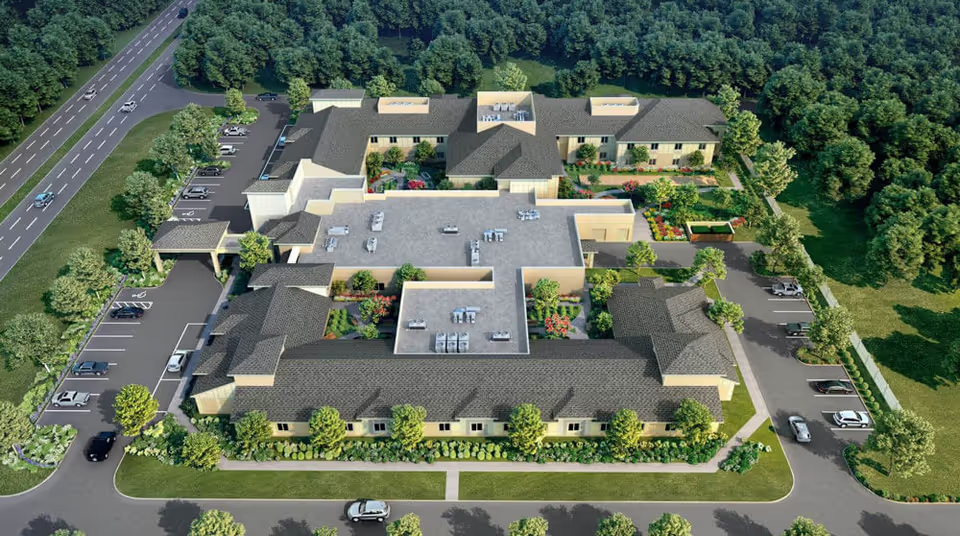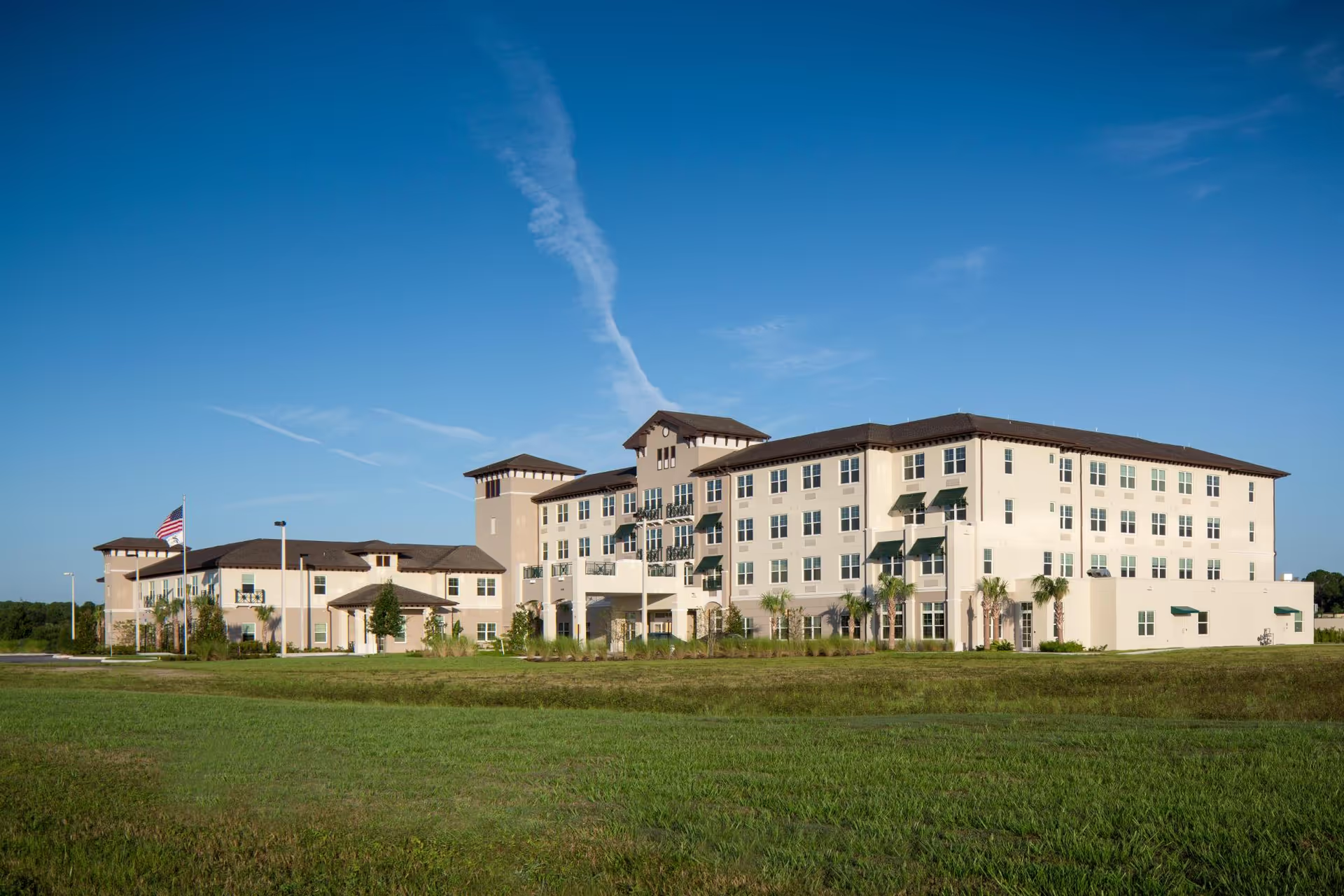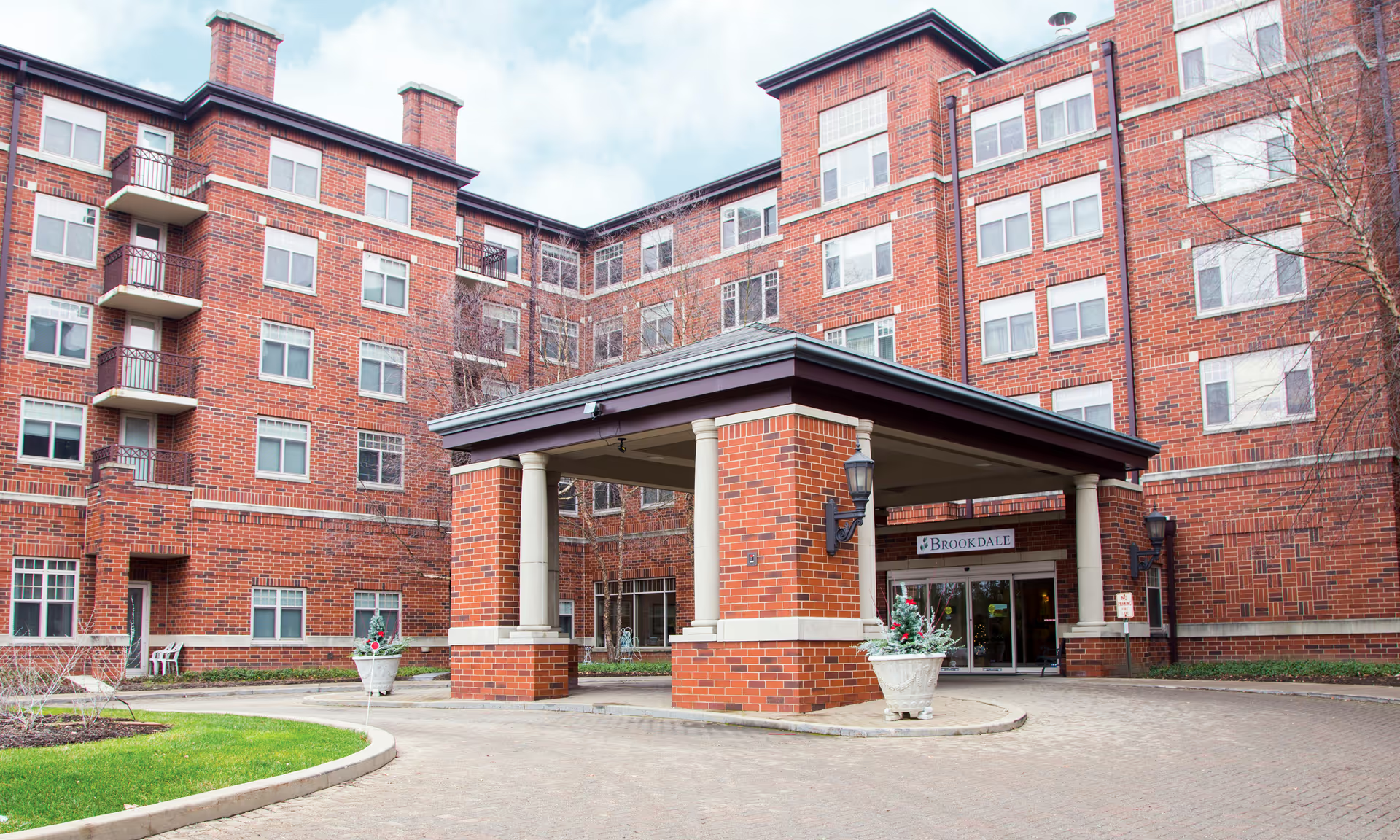Overall sentiment: Reviews of PruittHealth - Rome are mixed but lean positive overall, with a strong and recurring appreciation for the staff, the cleanliness of the facility, and the quality of rehabilitation services. Many reviewers describe staff as kind, compassionate and supportive, highlighting emotional support, clear explanations of medical status, and help navigating difficult decisions. Numerous families reported that their loved ones improved during short-term rehab stays, praising therapists and the facility’s resident-centered approach. The physical environment and amenities draw consistent praise: recent renovations, private and spacious rooms, modern touches (touch-screen TVs/tablets), a large exercise room, mini-golf, shaded outdoor deck areas, and generally spotless common spaces are frequently mentioned as strengths that contribute to a comfortable stay.
Care quality and therapy: Rehabilitation and therapy are among the facility’s most consistently praised aspects. Several reviewers credit the therapists and nursing staff for measurable progress, quicker-than-expected recovery, and restored mobility. Some reviewers explicitly noted 24/7 attentive care, punctual doctors and therapists, and helpful CNAs who respond to call lights. The facility’s ability to provide peace of mind to families—through visible progress, a safe environment, and compassionate caregivers—is a repeated theme. A subset of reviewers also appreciated COVID-19 era communication options (live chat, phone check-ins, glass-barrier visits) that helped keep families informed during restricted visitation.
Serious negative incidents and variability: Despite many positive reports, there are significant negative accounts that indicate variability in care and communication. Several reviews describe extremely poor communication in specific cases, including family-designated representatives not being informed of care changes, stone-walling, and being ignored. More alarming are reports of clinical lapses: at least one dementia patient was reportedly hospitalized for dehydration, malnutrition and muscle loss after alleged failures in monitoring intake, providing timely labs or IV fluids, and disclosing pressure sores or bruising. There are accounts of care being denied that was claimed to be required for insurance coverage, billing for times when required treatment was not provided, and families filing complaints with the BBB and regulatory agencies. These serious complaints point to isolated but impactful failures in clinical oversight and administrative responsiveness.
Communication, staffing and management concerns: Communication emerges as a polarizing theme—many families praise good communication and frequent updates, while others report the opposite: poor phone access (calls that hang up), slow or no responses from staff, administrators who promise to follow up but do not, and a perception of being stonewalled when raising complaints. Staffing shortages and difficulty hiring qualified personnel are explicitly named as ongoing issues and likely contribute to slow response times or inconsistent service levels. Management-related criticisms also include lack of follow-through on complaints and disputes over billing and care authorization. These administrative and staffing challenges appear to be the primary drivers of negative experiences.
Dining, cleanliness and renovations: The facility’s cleanliness and upkeep receive repeated praise, often described as spotless and well-run. Renovations are appreciated for modernization, but they also introduced some temporary negatives: unwelcoming or disorderly seating areas and outdoor visit complications during construction. Dining receives mixed feedback—many reviewers say the meals are good and enjoyed, yet there are specific complaints about food being cold or not nutritious in some cases. One or two reviewers noted medication issues but framed them as not being facility-related. The combination of highly praised physical surroundings with occasional operational hiccups (renovation disruptions, cold food) reinforces the sense of generally high standards but imperfect execution in some areas.
Who this is best for and caution points: The facility appears to perform strongly for short-term rehab and residents who benefit from proactive physical/occupational therapy and a compassionate caregiving team. Families seeking a clean, modern environment with rehabilitation focus and amenities will likely find many positive attributes here. However, for residents requiring close care coordination—especially dementia patients, those at risk of dehydration or pressure injuries, or those needing guaranteed continuity of medical oversight—prospective families should probe further. The presence of serious, documented negative outcomes in some reviews suggests it is important to verify current staffing levels, care coordination protocols, communication pathways to family/designated representatives, and how the facility handles billing and insurance-authorized services.
Bottom line: PruittHealth - Rome receives many glowing reviews for its staff compassion, cleanliness, and rehabilitation capabilities, and it has features and amenities that families appreciate. At the same time, there are multiple, serious complaints about inconsistent communication, care coordination failures, administrative follow-through, and isolated clinical lapses—issues that have in some cases led to hospitalization and regulatory complaints. The review set indicates variability in resident experience, so families should weigh the frequently cited strengths against the potential for operational lapses by asking specific, targeted questions about dementia care, staffing, incident reporting, billing practices, and recent complaint resolution before choosing the facility.







